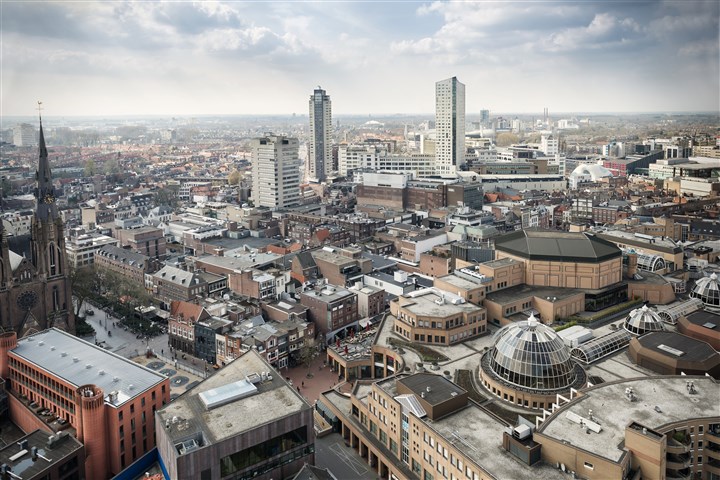Interactive Art in Eindhoven's Public Spaces
In the heart of Eindhoven, tactile sculptures are reshaping how people interact with public art. These sculptures, designed to be touched and manipulated, invite passersby to engage directly with the artwork. Unlike traditional sculptures that are often roped off, these pieces encourage a hands-on experience, making art accessible to everyone.
The Role of Technology in Tactile Art

Eindhoven's tactile sculptures often incorporate advanced materials and technology. For instance, some sculptures use sensors to respond to touch, changing color or emitting sounds. This integration of technology not only enhances the sensory experience but also makes the art dynamic and responsive. A notable example is the "Lightwave" sculpture, which illuminates in different patterns based on the pressure applied by the viewer's hands.

Community Engagement Through Art

These sculptures are strategically placed in busy areas such as parks and plazas, where they naturally draw in diverse crowds. The interactive nature of the sculptures fosters community engagement, as people of all ages and backgrounds come together to explore the art. This communal interaction is particularly evident during events like the annual Dutch Design Week, where these sculptures become focal points for discussion and collaboration.
Artists Behind the Movement
Local artists like Daan Roosegaarde and Anouk Wipprecht are at the forefront of this movement, blending art with technology to create immersive experiences. Roosegaarde's "Smog Free Tower" not only serves as a piece of art but also purifies the air around it, demonstrating the potential for art to contribute to environmental solutions. Wipprecht's work often involves wearable technology, pushing the boundaries of how art can interact with the human body.
Future Prospects for Tactile Sculptures
As Eindhoven continues to embrace innovation, the future of tactile sculptures looks promising. The city plans to expand these installations, integrating them into more public spaces and using them as tools for education and social change. By continuing to blur the lines between art, technology, and community, Eindhoven sets a precedent for other cities looking to enhance public interaction through art.










